I recently toured a faith-based pregnancy center. These organizations are in very real danger of attacks and vandalism across the country. Because of this, I have purposely left out the details of the name and location of this center. I will not be responsible in any way in directing that evil upon them. They are doing God’s work.
I went with my church pro-life group to visit one of our local pregnancy centers, formerly known as crisis pregnancy centers. They have been renamed in recent years to de-emphasize the “crisis” aspect of the services they offer, but this is essentially still their core mission—to help women who find themselves in a crisis due to an unplanned pregnancy. As such, they are important community resources serving those in mostly lower economic circumstances.
The center I toured is an interdenominational Christian faith-based facility. I wanted to see in person just what they do there. After all, other than standing outside of an abortion mill to pray and sidewalk counsel those going there, a pregnancy center is the front line in the battle to save lives, one mother and child at a time. I learned a lot in my tour, and I suspect many of the readers of this article will be surprised as to the nature and extent of the services that pregnancy centers offer to their clients.
When a woman gets pregnant under undesirable circumstances, her choices, each one carrying a different physical, moral, spiritual, and emotional weight to it, include: aborting, giving up her baby to adoption, or keeping and parenting her baby. As I learned in my tour, pregnancy centers understand that women under such stressful and fearful circumstances need non-judgmental help and support in deciding what they will choose. This is the pregnancy center’s primary mission, to give these women the information and support they need to make the right choice.
Pro-lifers are often accused of only caring about “birth,” and that they do nothing to help poor women once the baby is born. Pregnancy centers and the services they provide stand in defiance of that common lie. As we toured this local center, we were shown the three primary areas of the center devoted to serving their clients. The first are mentoring rooms, where clients can sit with a trained volunteer who is there to answer their questions and explain their options. In the center I toured, there were several such rooms, each furnished like a comfortable living room, with a couch, a chair or two, and a table lamp as an eye-level light source. Here all questions are answered with no information held back. In fact, some clients do visit with the mistaken notion that they can receive abortion pills from the center. Mentors will explain truthfully that abortion is one of the client’s options; however, they will also detail the risks of the procedure to the woman. With that, they will not hold back the grim specifics as to what is done to kill the unborn child in each type of abortion procedure.
Next, I saw the center’s supply closets, another popular and needed service provided to their clients. The closets contain all the equipment and supplies that a mother may need to take care of her baby. I saw a closet with stuffed with baby formula and diapers. Another closet contained items such as car seats, diaper bags, and clothing for both the moms and the babies.
Some clients come in simply for the supplies; a client, they illustrated, came one day explaining that she was trying to regain custody of her twin babies, who were taken away from her due to her drug use. She wanted to be ready for them by having the supplies and equipment ready upon their arrival. She was given all that and more. Last year, in fact, the center gave away 33,000 diapers and over 8,600 items from their closets.
And that particular client came back for parenting classes, another of the center’s services, to help her regain custody, and eventually she got her babies back—a happy ending for all concerned. Some 800 others received such classes last year in addition.
At the heart of the facility are what center’s employees have nicknamed the “Miracle Rooms.” These contain the center’s ultrasound machines. When a pregnant client comes in, she is offered a free pregnancy test and an ultrasound to check the progress of her pregnancy. Indeed, sometimes a woman can believe she’s pregnant but in fact is not, and may even be suffering from a medical issue. This is in fact one of the dangers of allowing abortion pills to be mailed out to women without any other medical check. While the ultrasound can confirm the mother is pregnant, this technological eye that sees inside her body can also reveal to her the truth that inside her is another living human being. This is often where the miracle takes place—the mother actually sees her baby for the first time. Often, she sees with her eyes and her heart.
The truth, even when revealed before our very eyes, is not always accepted. The center estimates that about 90% of their clients take options other than abortion; however, there are some women who cannot accept what they see and still go on to have abortions. One client was still intent on having an abortion after her first ultrasound and left. She came back for a second ultrasound a few weeks later, complaining that the fetus was moving or kicking at regular intervals. The technician, after viewing the baby via the ultrasound, explained to her that the tremors she felt were caused by the baby’s hiccups. It hit the client (so they told me) that hiccups, if not stopped, can hurt after a while, and just then, suddenly, the truth of the baby’s humanity dawned on the mother as well. She kept the baby.
While the center does not ever recommend or refer women to abortion centers, they never stand in judgment of those who choose that avenue. In fact, they have had repeat clients who have chosen abortions in the past but when pregnant again have come back for further assistance. They get the help they need just like anyone else who chose differently. One repeat client who chose abortion after past visits, came in again deciding she was ready this time to have her baby. (The staff secretly rejoiced at her decision.) Should these women be experiencing trauma from past abortions, the center offers support and assistance for this as well.
One staff member could relate personally as she revealed that she herself had had abortions in her past. She suffered for years from the experiences and first came to the center to seek services to address this trauma. Truly appreciating the help she had received, she decided she wanted to help other women in a similar plight by becoming a volunteer, which she did until being offered a job at the center. Truly, the staff of this center can relate to the women they serve.
In addition to these vital services, the center also offers, among other things, sex risk avoidance training and Bible studies. They also help men who sometimes accompany clients with their needs. Male mentors are available to assist them. That said, the center is run primarily by women for women. This exposes another common lie, that pro-lifers are only men who want to control women’s bodies.
After the overturning of Roe v. Wade, the center, like many others across the country, needed to add extra security in case of attacks to their offices. While such violence has decreased over time, these attacks have continued—a center in Ohio was defaced with graffiti just this past week. That is truly a sad state of affairs and, frankly, evil.
And consider this, if these radical pro-abortion activists were successful with their terrorism in closing down pregnancy centers across country, lower to middle income women would lose out on vital support services that they need in a time of crisis. That would indeed be a great loss.






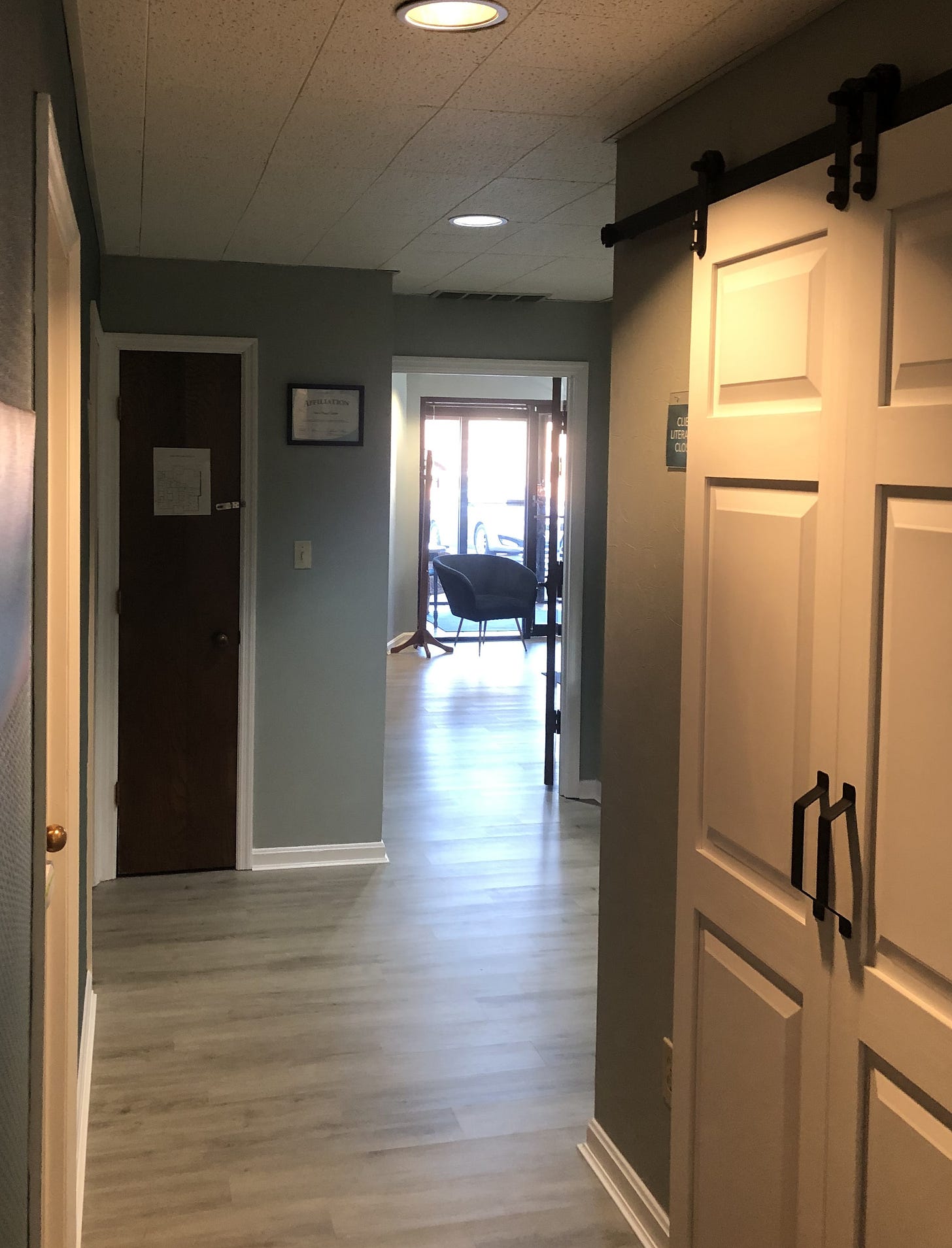

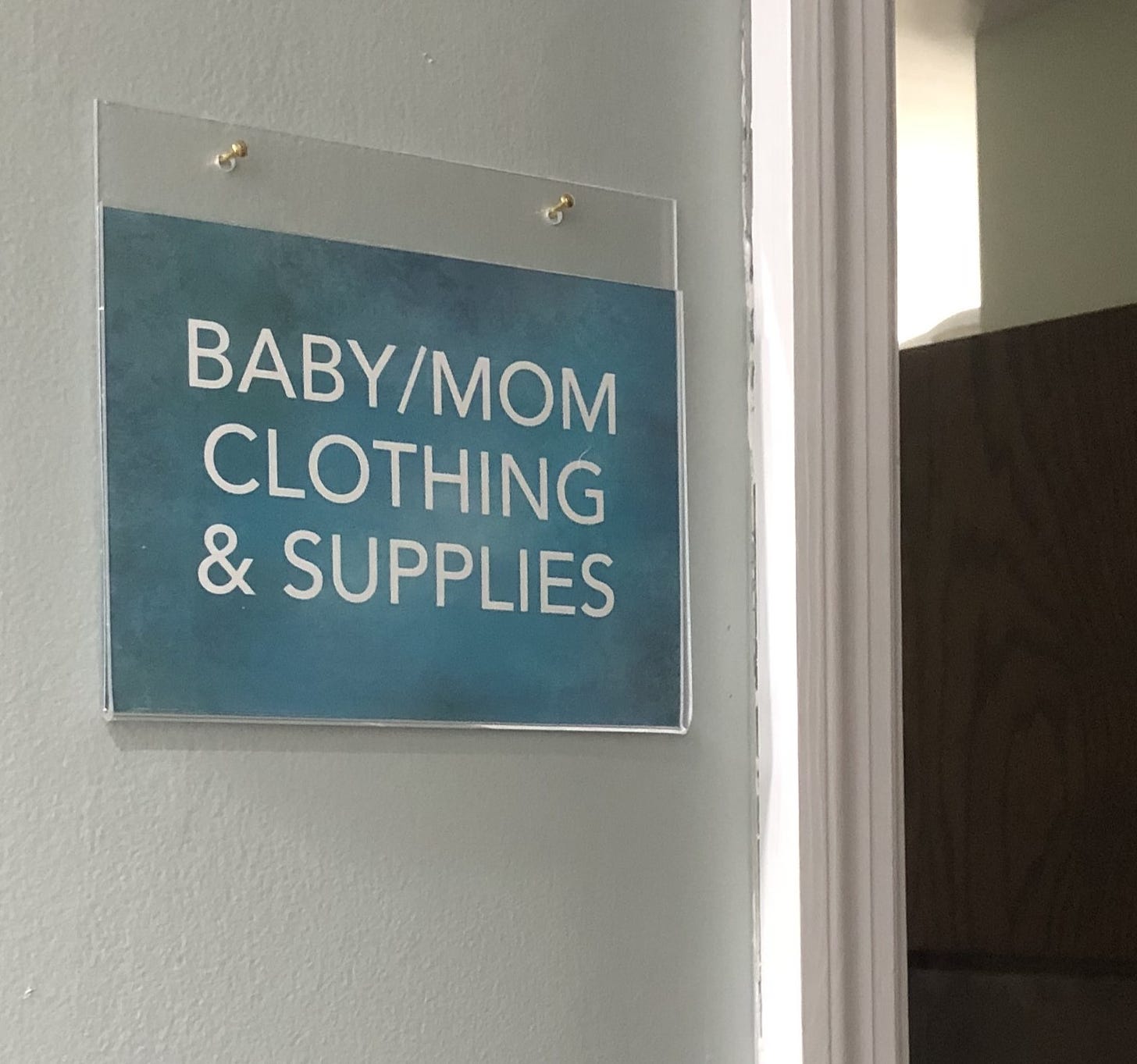
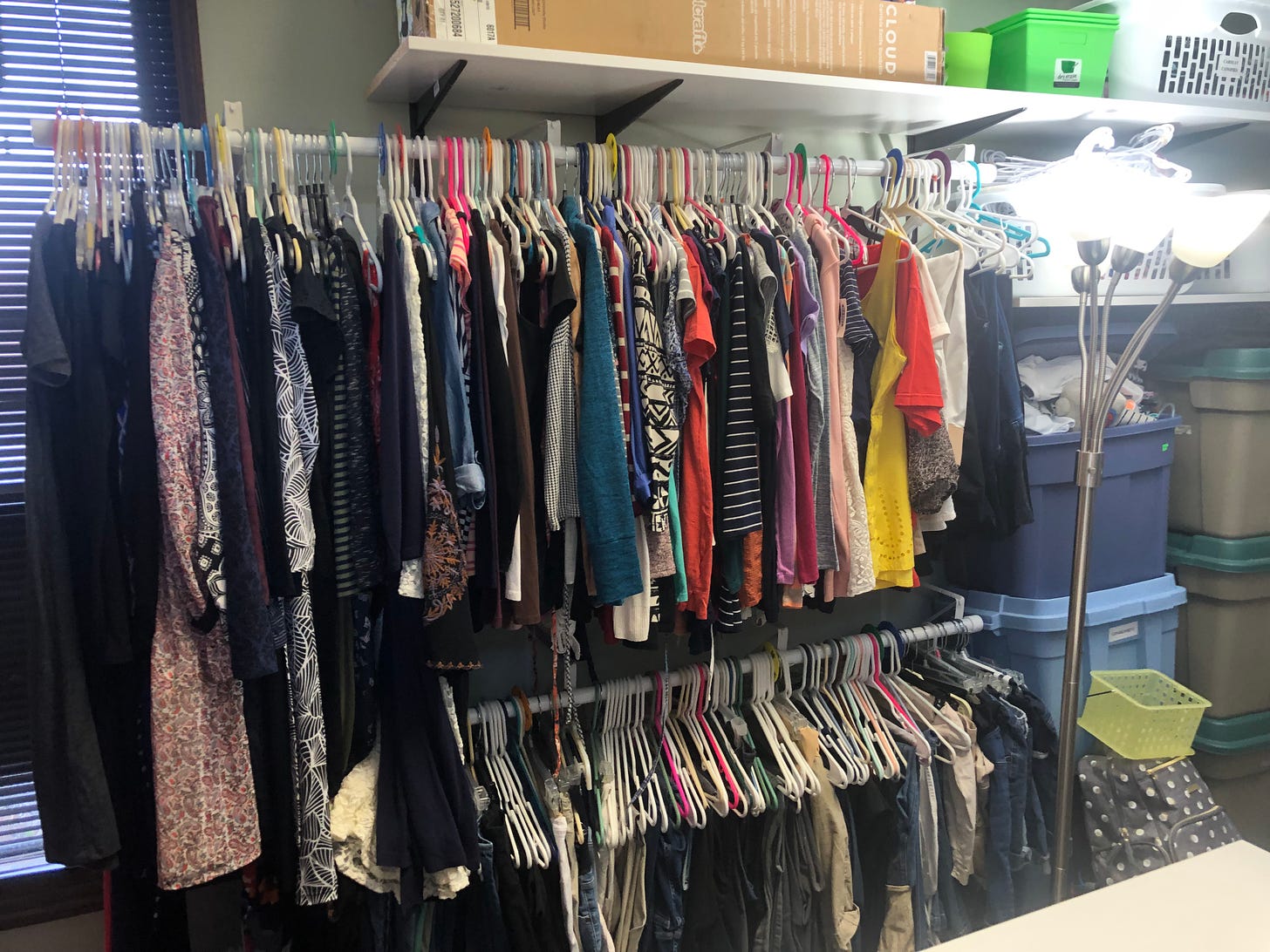
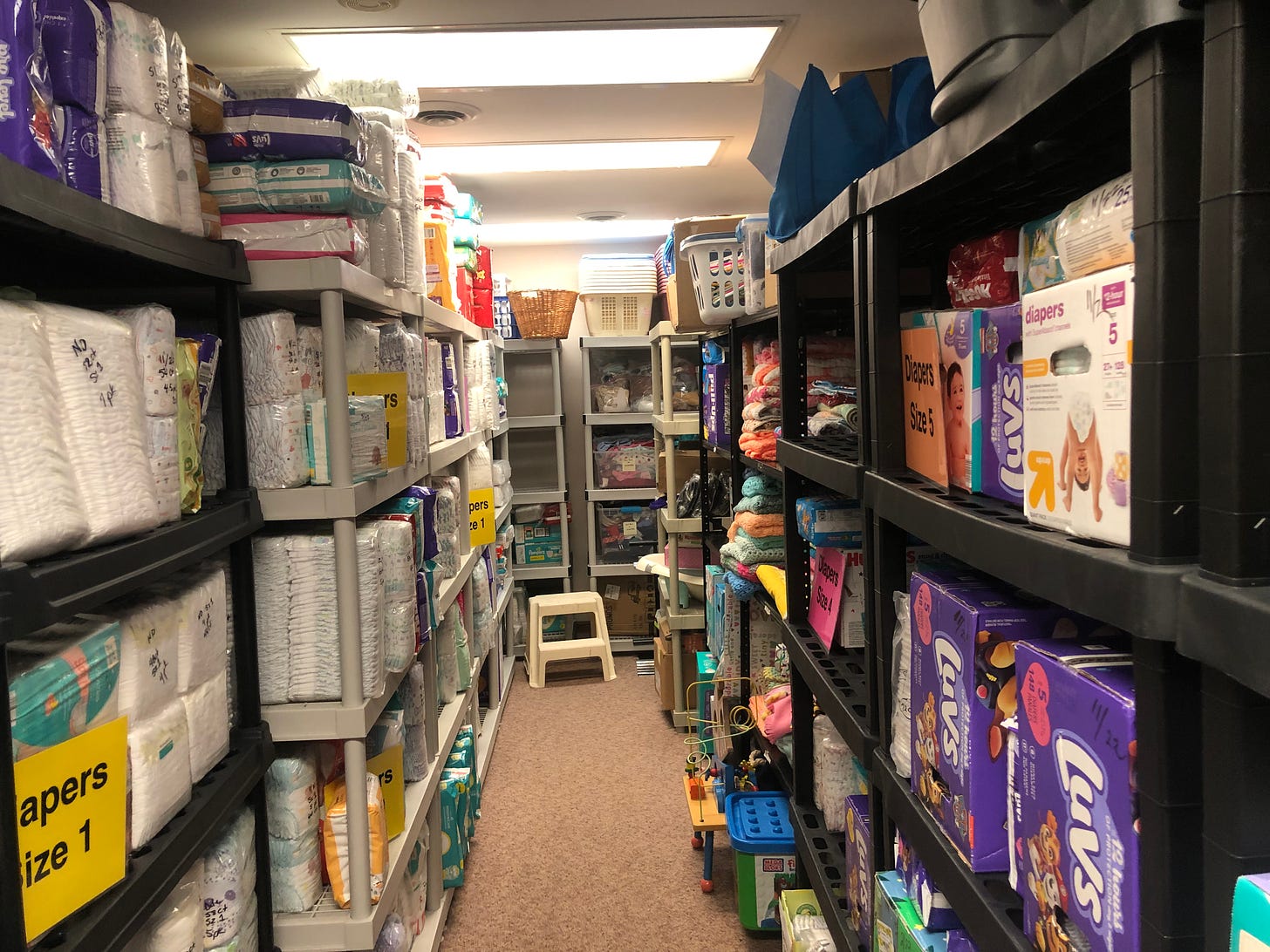
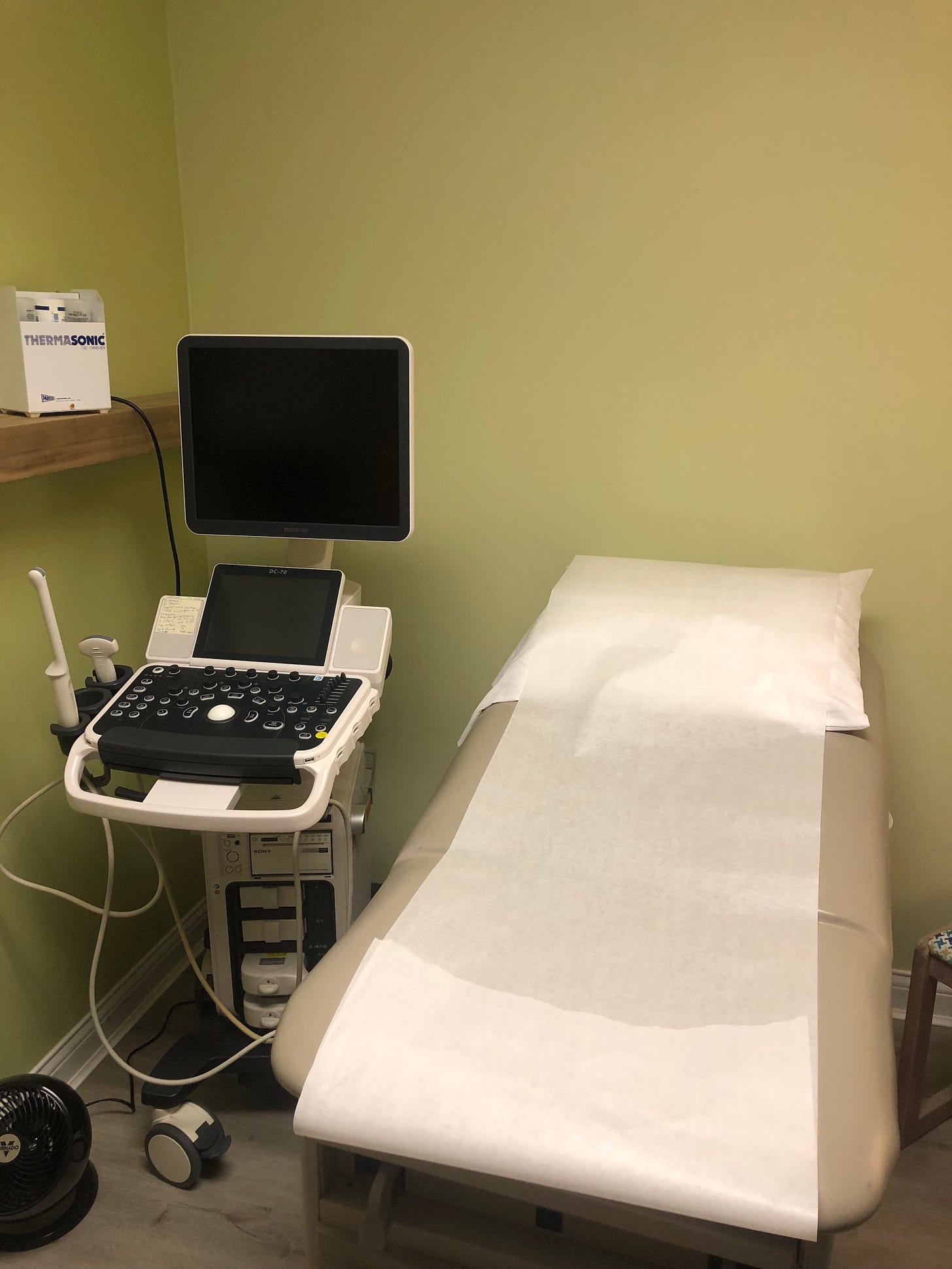

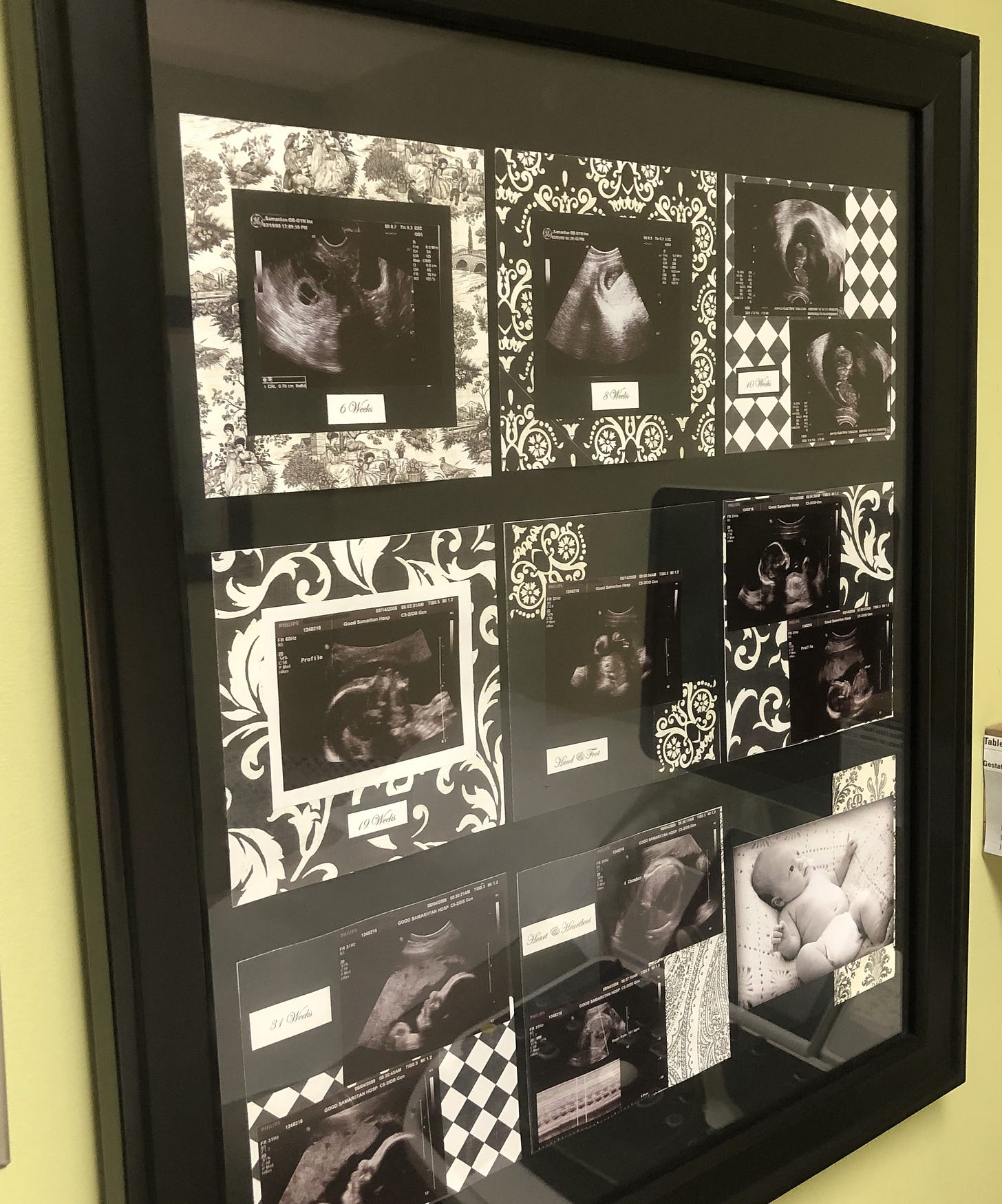
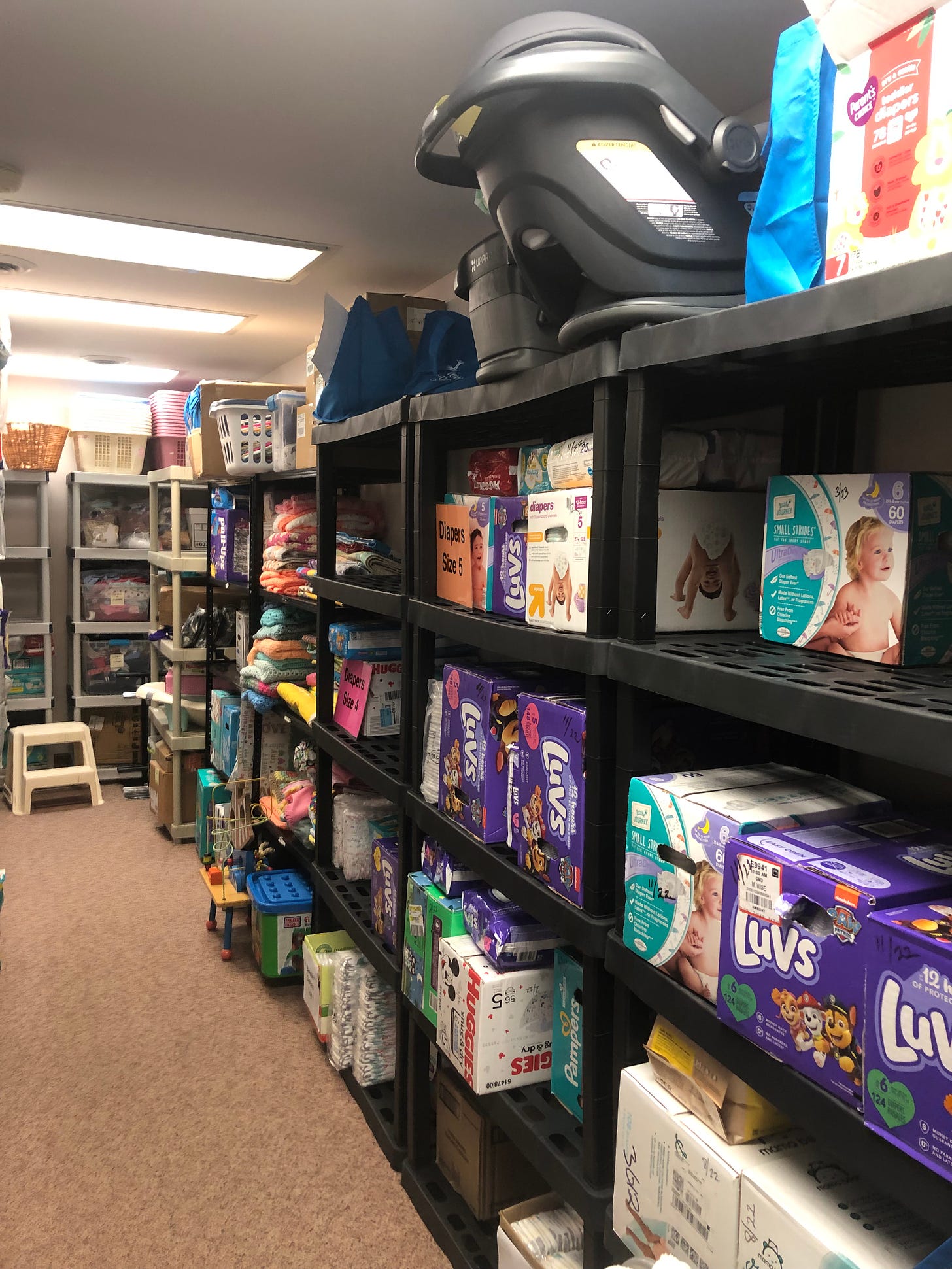
1. This is not a balanced essay when you refer to "radical pro-abortion activists" - just a little biased?
2. How many of the members of state and national legislators who are suggesting banning abortions, listing them to six weeks, making traveling to other states to obtain an abortion illegal with heavy penalties involved, etc. are men and how many are women?
3. What are the current national adoption rates? There are many children who are not adopted then the parent(s) do not have resources to support the child's basic needs. Are you willing to adopt one or two children since you want all children born?